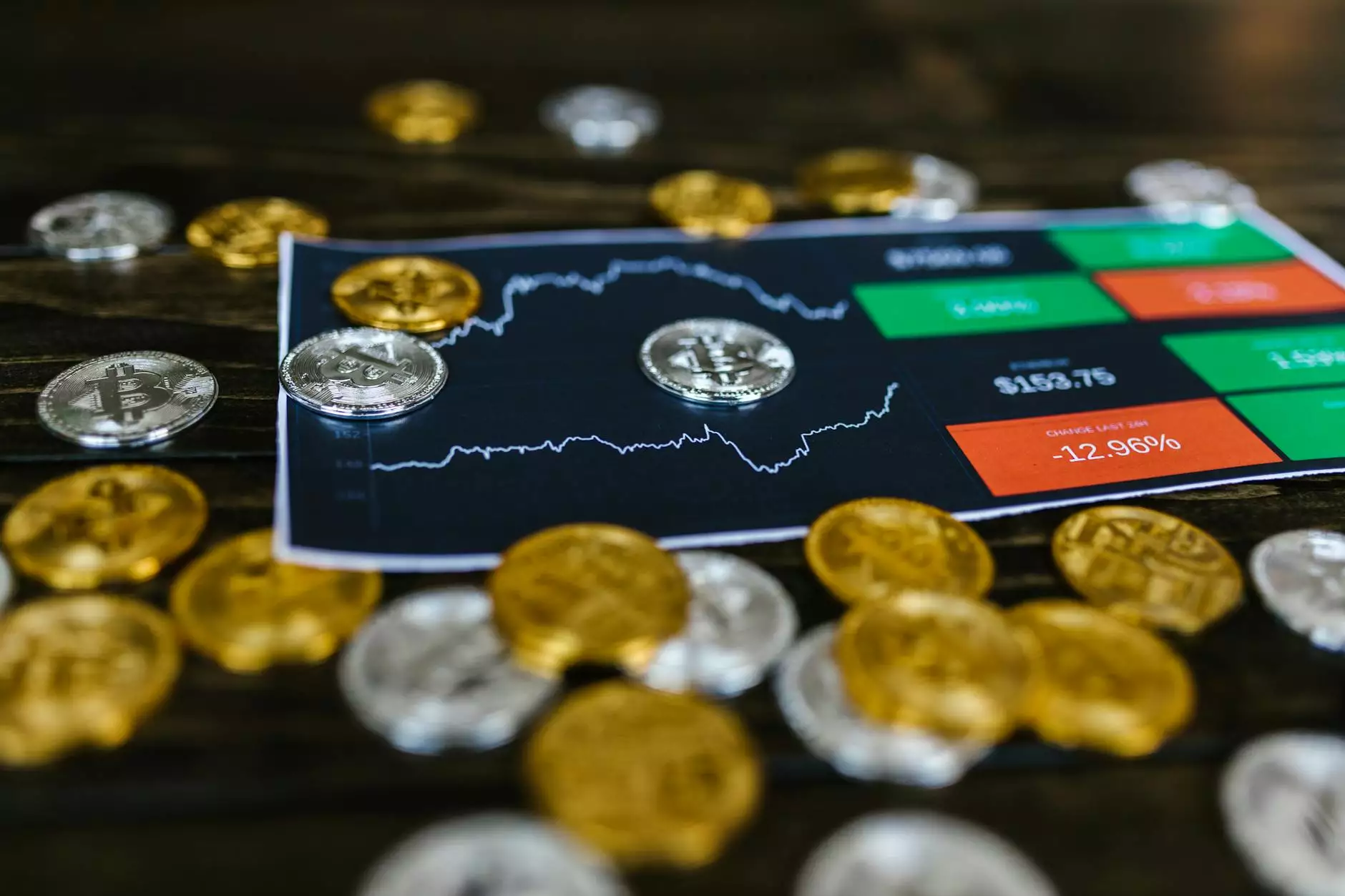Understanding Forex Competition: Strategies for Success in the Currency Market

In the fast-paced world of finance, forex competition stands out as a compelling area where traders from around the globe engage in the buying and selling of currencies. This article delves deeply into the nature of forex competition, providing insights, strategies, and tips for aspiring traders who wish to excel in this dynamic market.
The Importance of Forex Trading
The foreign exchange market, commonly known as forex, is the largest and most liquid financial market in the world. With an average daily trading volume exceeding $6 trillion, it serves as the backbone for international trade and investment. Understanding the significance of this market is crucial for recognizing why forex competition has become a focal point for many traders.
Why Participate in Forex Trading?
- Accessibility: Forex trading is accessible 24/5, allowing traders to participate at their convenience.
- Leverage: Traders can use leverage to control larger positions with smaller amounts of capital.
- Diverse Strategies: Numerous trading strategies are available, enabling traders to adapt to varying market conditions.
- High Liquidity: The sheer volume of trading ensures that the market is highly liquid, facilitating quick transactions.
What is Forex Competition?
Forex competition refers to the rivalry among traders in the forex market who aim to predict currency price movements, maximize profits, and outsmart their peers. This competition can be intense, as various market participants employ different strategies, tools, and platforms. Understanding the mechanics of this competition is vital for success.
The Players in Forex Competition
The forex market is made up of a variety of participants, each contributing to the forex competition landscape. Here are the key players:
- Central Banks: They control monetary policy and influence currency values through interest rates and market interventions.
- Financial Institutions: Banks and investment firms often trade forex for clients and for their own accounts.
- Hedge Funds: These entities employ aggressive trading strategies and have substantial capital, affecting price movements significantly.
- Retail Traders: Individual traders using personal accounts to engage in forex trading make up a significant portion of market participants.
- Brokers: They provide platforms for traders to buy and sell currencies, playing a crucial role in facilitating transactions.
Strategies to Succeed in Forex Competition
To thrive in forex competition, traders need to be equipped with effective strategies. Here are some of the most successful tactics:
1. Develop a Trading Plan
A well-structured trading plan is the cornerstone of success in forex trading. It should outline:
- Your trading goals and objectives.
- Your risk tolerance levels.
- The strategies you will employ, including entry and exit points.
- A timeline for reviewing and adjusting your plan as needed.
2. Master Technical Analysis
Technical analysis involves studying price charts and indicators to forecast future price movements. Here are essential tools for mastering this technique:
- Support and Resistance Levels: Identifying key levels where prices tend to reverse.
- Trend Lines: Drawing lines to understand market direction.
- Indicators: Utilizing tools like Moving Averages, RSI, and MACD to inform your trading decisions.
3. Risk Management
Risk management is crucial when competing in the forex market. Consider the following approaches to minimize losses and protect your capital:
- Position Sizing: Determine the amount of capital to risk on each trade to maintain a balanced portfolio.
- Stop-Loss Orders: Implement stop-loss orders to automatically close trades at predetermined levels.
- Portfolio Diversification: Spread your investments across different currency pairs to minimize exposure to any single trade.
4. Psychological Preparedness
The psychological aspect of trading can significantly affect performance. Being aware of your emotions and maintaining discipline can give you an edge in the forex competition. Here’s how:
- Maintain Discipline: Stick to your trading plan and resist impulsive decisions.
- Handle Stress: Develop techniques to cope with the pressures of trading, such as mindfulness and relaxation exercises.
- Learn from Mistakes: Keep a trading journal to review trades, learn from mistakes, and ensure continuous improvement.
Utilizing Technology in Forex Trading
In today's digital age, technology plays a vital role in forex competition. Traders who leverage technological advancements are often at an advantage. Here are some technological tools that can aid in forex trading:
1. Automated Trading Systems
Automated trading systems can execute trades on behalf of traders based on predefined criteria. This allows for:
- Increased Speed: Executing trades within milliseconds.
- Reduced Emotional Trading: Eliminating emotional factors that could lead to poor decision-making.
2. Efficient Trading Platforms
Choosing the right trading platform is crucial. Factors to consider include:
- User interface and accessibility.
- The availability of analytical tools and resources.
- Transaction costs and spreads.
3. Mobile Trading Applications
With the rise of mobile technology, many traders now use apps to monitor and trade forex from anywhere. Benefits include:
- Real-Time Tracking: Monitor market conditions and adjust trades on-the-go.
- Notifications and Alerts: Set alerts for significant price changes to capitalize on market movements.
Understanding Market Trends in Forex Competition
Successful forex traders keep a keen eye on market trends. Identifying whether the market is trending upwards, downwards, or moving sideways is essential for making informed trading decisions. Here’s how to analyze market trends effectively:
1. Fundamental Analysis
Fundamental analysis involves evaluating economic indicators, news events, and geopolitical developments that may impact currency values. Key indicators to monitor include:
- Interest Rates: Changes can lead to currency appreciation or depreciation.
- Employment Reports: These can signal economic strength or weakness, affecting market sentiment.
- Trade Balances: Monitoring imports and exports helps assess a currency's demand.
2. Keeping Abreast of News Events
News events can lead to significant price movements in the forex market. Traders should establish a routine for monitoring important financial news, including:
- Central bank announcements.
- Economic data releases (such as GDP and inflation rates).
- Political developments and major geopolitical events.
The Role of Community in Forex Trading
Engaging with the trading community can enhance your skills and knowledge in forex competition. Here’s how participating in community forums or trading groups can help:
- Sharing Ideas and Strategies: Gain insights from others' experiences and strategies.
- Receiving Feedback: Get constructive criticism on your trading approach.
- Motivation and Support: Surrounding yourself with like-minded individuals can keep you motivated.
Conclusion: Thriving in Forex Competition
Successfully navigating the intricacies of forex competition requires knowledge, strategy, discipline, and continuous learning. By understanding the market's dynamics, employing effective trading strategies, and utilizing advanced technology, traders can enhance their chances of success. Remember, in the realm of forex trading, those who invest time in education and practice will undoubtedly outperform their competitors. Start your journey today at bullrush.com and embrace the exciting world of forex trading!









